You can be Religious Without Any Religion
By I.J. Patra — Published: August 11, 2025
Introduction: A Different Perspective on Religion
When we hear the word “religious,” most of us imagine a person attending rituals, reading scriptures, or following a particular faith tradition. But what if I told you that you could be religious without belonging to any religion at all?
Sounds contradictory? Not really. If we explore what “religion” and “religious” truly mean, we’ll see that religiosity is more about personal belief, values, and a connection with something higher than ourselves, rather than being strictly tied to an organized institution.
In today’s modern, interconnected world, more people are identifying as spiritual but not religious (SBNR) — and their numbers are growing rapidly. These individuals might not belong to any official religion, yet they live with deep moral conviction, compassion, and sometimes even a stronger spiritual awareness than many who follow organized traditions.
Understanding the Difference: Religion vs. Religiosity
Religion is often defined as:
An organized system of beliefs, practices, and moral codes shared by a group of people.
Religiosity, however, is a broader term:
A deep sense of devotion, moral responsibility, and spiritual awareness that can exist with or without institutional affiliation.
Think of religion as a structured road map, and religiosity as the inner compass. A road map can guide you, but a compass can still point you in the right direction even if you’re not on a marked path.
Historical Examples of Religiosity Without Religion
Throughout history, many great thinkers and leaders embodied religious values without belonging to a formal religion:
-
Socrates – The Greek philosopher spoke about moral virtues, truth, and the soul’s immortality, yet he didn’t follow any institutionalized religion in the modern sense.
-
Albert Einstein – He often said, “I am a deeply religious nonbeliever”, referring to his sense of awe and reverence for the universe’s mysteries without adherence to organized religion.
-
Mahatma Gandhi – While Gandhi drew inspiration from Hinduism, Jainism, Christianity, and Islam, his core belief was in “Truth” and “Nonviolence” as universal principles, not as denominational teachings.
These figures prove that one’s moral compass and devotion to truth can be stronger than ritualistic practices.
The Psychological Foundation
Modern psychology provides a clear distinction between extrinsic religion and intrinsic spirituality:
-
Extrinsic religion: Following rituals for social, cultural, or personal benefits.
-
Intrinsic spirituality: Internalized moral values and personal connection to a higher purpose, regardless of affiliation.
Psychologists like Gordon Allport have shown that intrinsic spirituality is often linked to higher moral integrity, better emotional resilience, and stronger empathy — qualities we associate with being “truly religious.”
Scientific Studies Supporting the Idea
A 2017 Pew Research Center study revealed that the number of religiously unaffiliated people (“nones”) is growing, especially among millennials. Interestingly, many of these individuals still meditate, practice gratitude, engage in charitable work, and live by ethical principles.
Harvard’s Human Flourishing Program found that people with a strong sense of purpose, kindness, and community engagement — even without formal religion — often enjoy the same benefits as religiously affiliated individuals:
-
Lower rates of depression
-
Greater life satisfaction
-
Stronger community bonds
This suggests that the core benefits of religion come from values and practices, not necessarily from belonging to an organized group.
Real-Life Examples of Religiosity Without Religion
Let’s look at some relatable, everyday scenarios:
1. The Compassionate Atheist
Ravi, a software engineer, identifies as an atheist. He doesn’t pray or attend religious events, but he volunteers weekly at an orphanage, practices honesty in his business dealings, and lives by the principle: “Do unto others as you would have them do unto you.”
2. The Nature Worshipper
Anita spends her weekends hiking and caring for her organic farm. She feels a deep, almost sacred connection to nature. She meditates outdoors, thanks the Earth for her food, and lives sustainably — all without belonging to a formal religion.
3. The Ethical Minimalist
Michael lives in a bustling city but follows a minimalist lifestyle based on compassion and sustainability. He avoids waste, supports fair trade, and donates a portion of his income to global relief funds — not because a religious book tells him to, but because he feels morally responsible.
These people demonstrate religiosity in action — compassion, selflessness, and moral awareness — without belonging to any structured faith.
Philosophical Viewpoint
The philosopher Immanuel Kant argued that morality should be grounded in reason and universal principles, not necessarily in divine command. His “categorical imperative” suggests:
Act only according to that maxim by which you can at the same time will that it should become a universal law.
This means you can live a morally upright life by following universal ethical standards, even without religious doctrine.
Similarly, Baruch Spinoza believed that God and nature are one, and that understanding natural laws leads to enlightenment — without rituals or formal worship.
Spiritual Practices Outside Religion
Here are some practices that enhance spirituality and moral values without requiring religious affiliation:
-
Meditation & Mindfulness – Improves self-awareness, emotional control, and compassion.
-
Gratitude Journaling – Strengthens positive thinking and humility.
-
Acts of Kindness – Builds empathy and community bonds.
-
Nature Connection – Enhances respect for life and the environment.
-
Ethical Living – Aligning actions with moral values in all areas of life.
These are the same core practices promoted by many religions — just without the label.
Why This Thought Matters in the Modern World
In our globalized society, strict religious divisions can sometimes lead to conflict. Embracing the idea that religiosity can exist without religion helps:
-
Promote tolerance – Recognizing that values matter more than labels.
-
Encourage unity – Building moral and ethical bridges across communities.
-
Reduce prejudice – Seeing goodness beyond religious affiliation.
By valuing moral action over religious identity, we can move toward a more harmonious world.
Addressing Common Misconceptions
1. “Without religion, there’s no morality.”
False. Morality existed in human tribes before organized religions formed. Evolutionary biology shows that cooperation and empathy helped humans survive.
2. “Being religious without religion means being confused.”
Not at all. It simply means that a person derives their values from multiple sources — philosophy, science, life experiences — instead of one sacred text.
3. “Spiritual but not religious is just a trend.”
Trends fade; human curiosity and moral pursuit are timeless. People have always sought meaning outside organized religion, from ancient philosophers to modern thinkers.
Conclusion: The Inner Temple
Being “religious” is not about the building you worship in or the label you carry. It’s about how you live, how you treat others, and how deeply you connect with the universe’s moral and spiritual truths.
You can follow kindness, seek wisdom, and live with integrity without belonging to any formal religion — and in doing so, you might embody the truest essence of what religion has always aimed for: a life of compassion, awareness, and purpose.
So whether you attend a temple, a church, a mosque, or simply sit under a tree to reflect — remember, the real temple is within you.
Call to Action:
If you found this perspective inspiring, share it with someone who believes morality and spirituality require a label. Let’s start a conversation about values that unite us beyond religion.

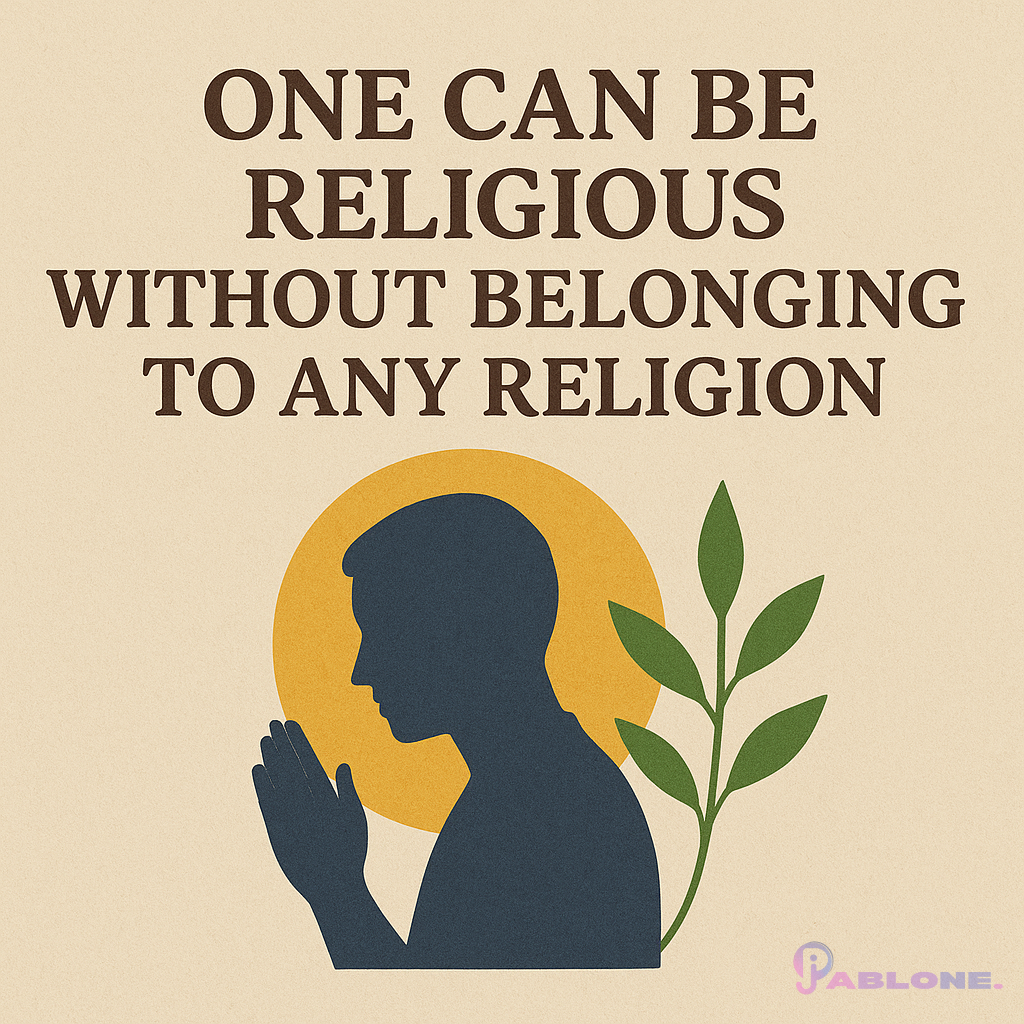
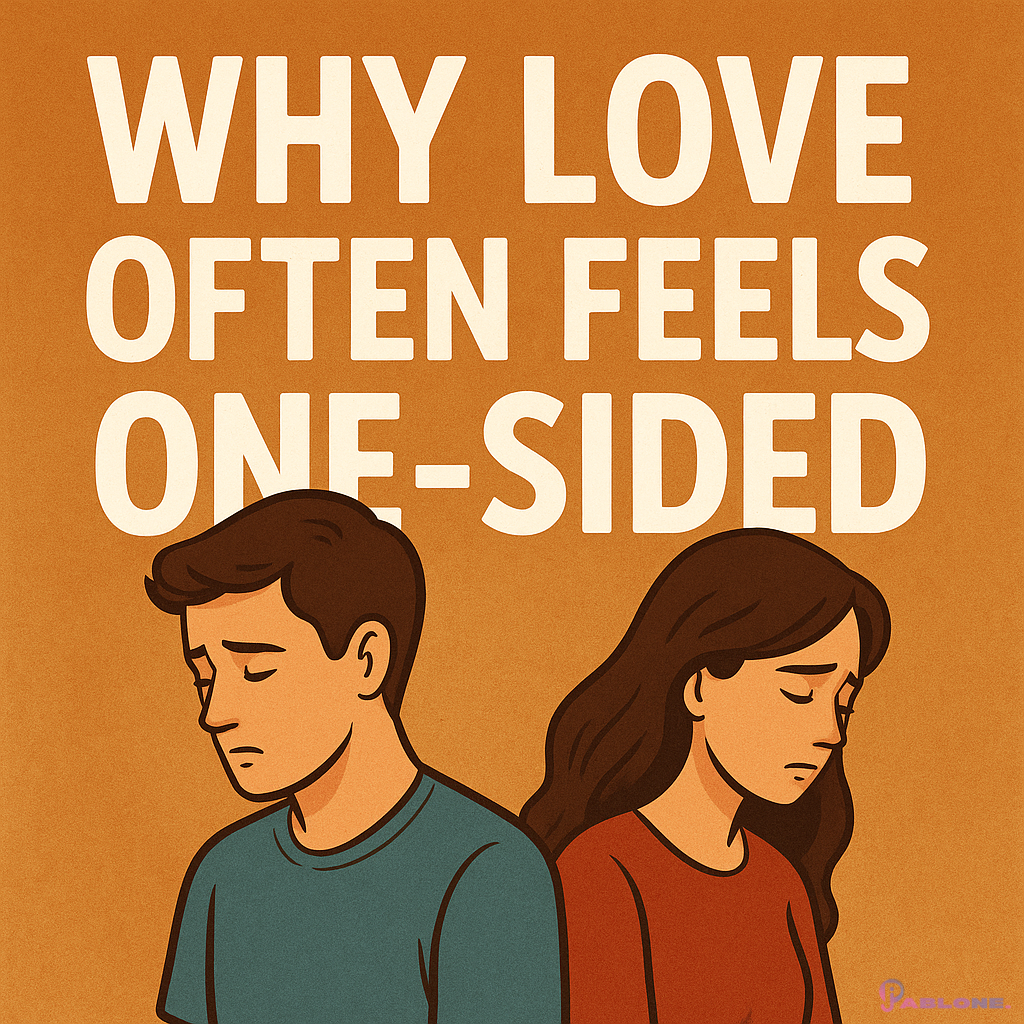
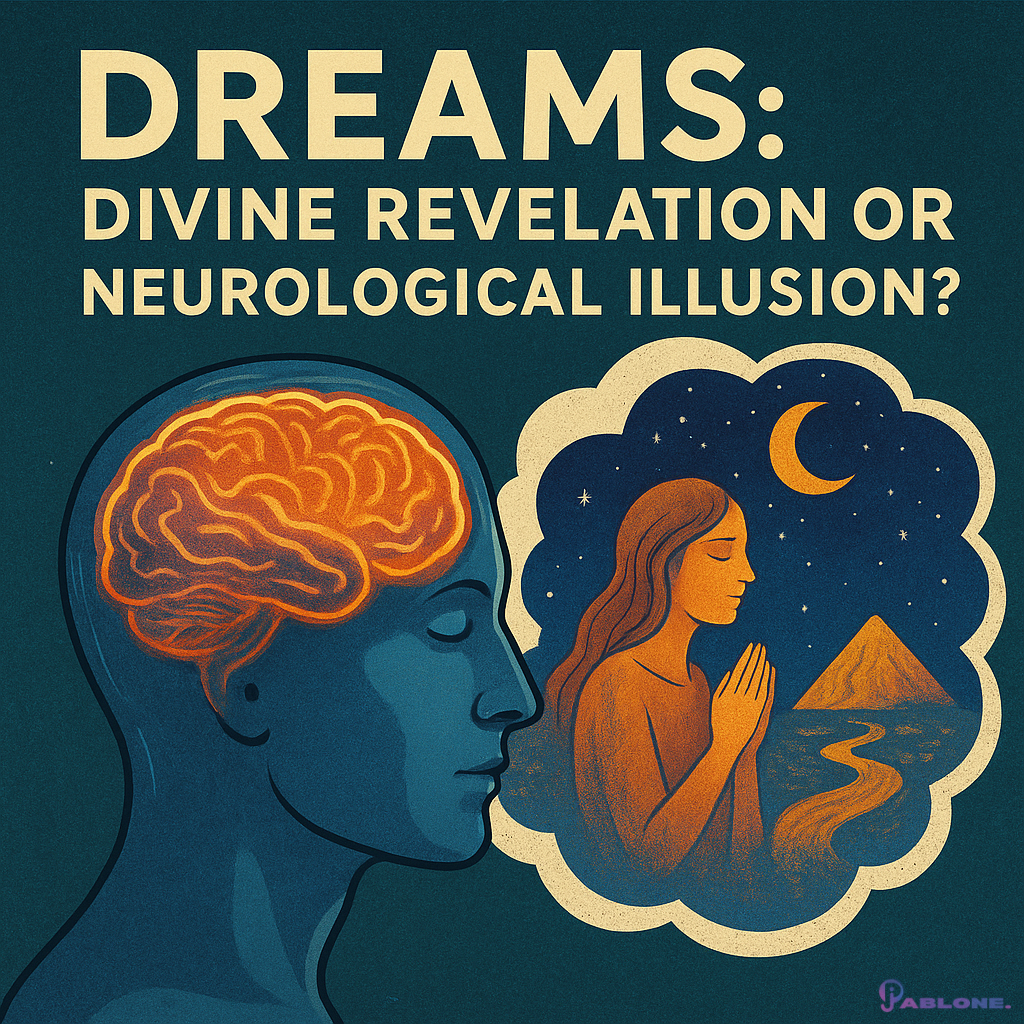

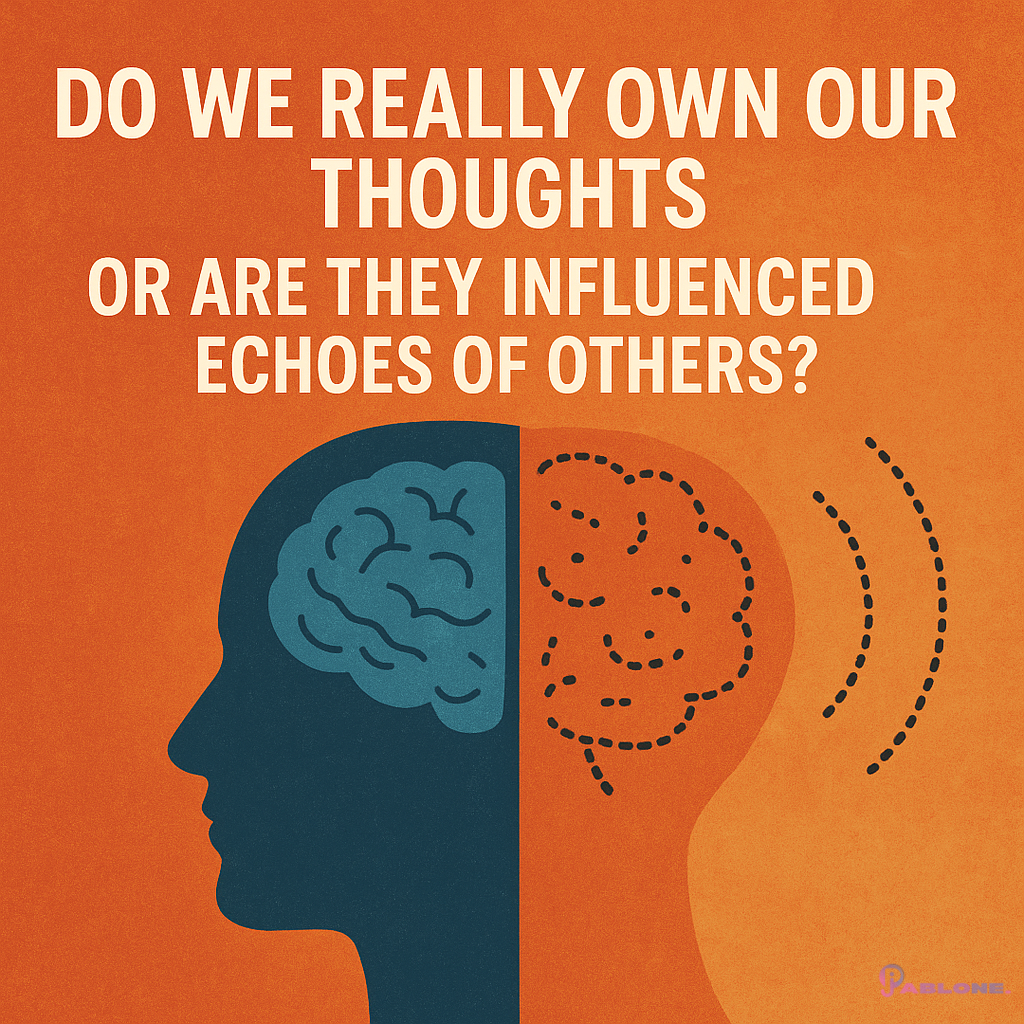
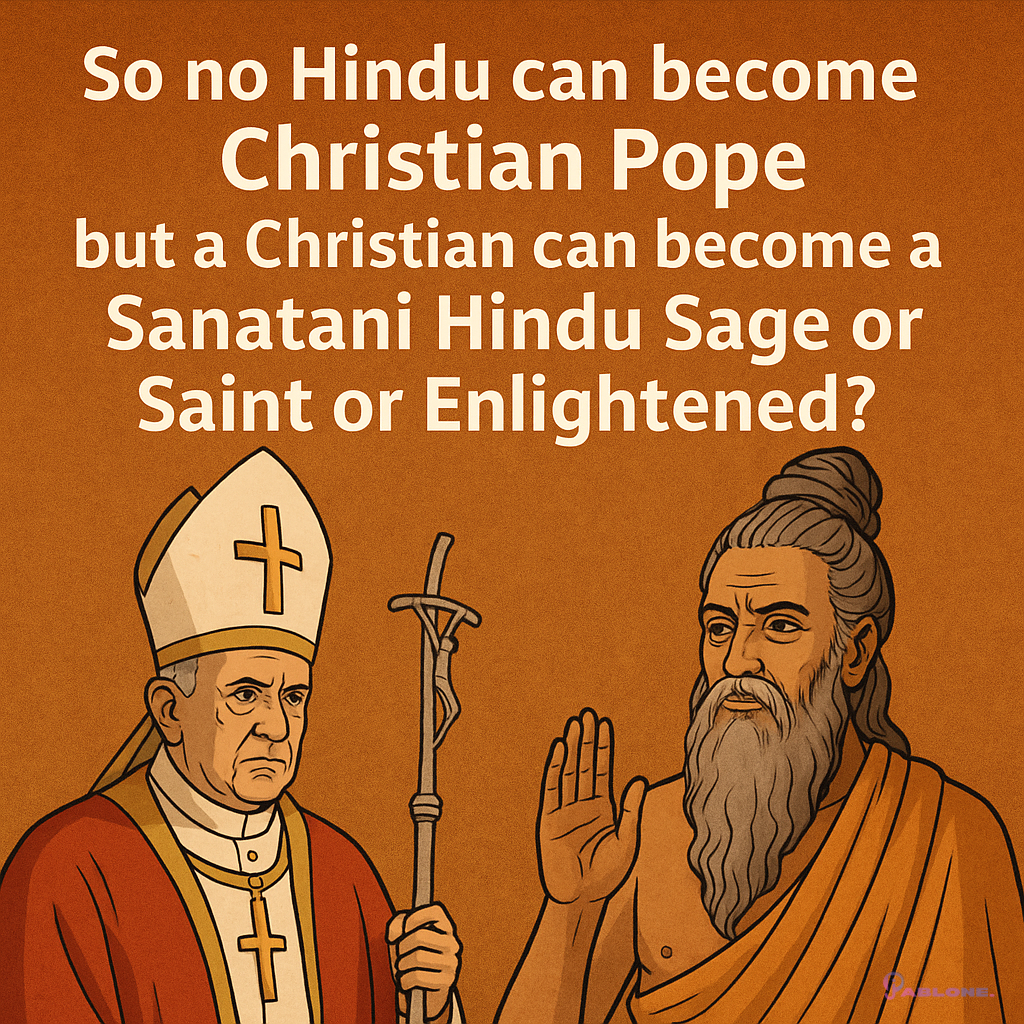
Leave a Reply